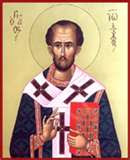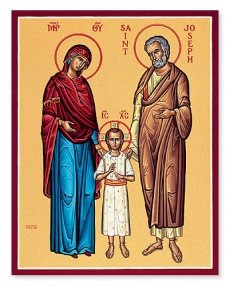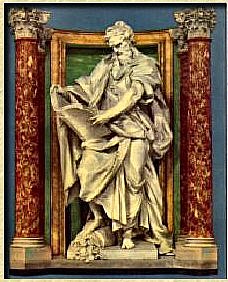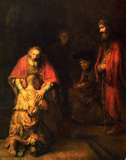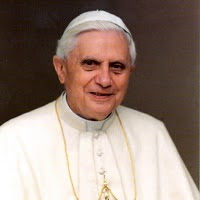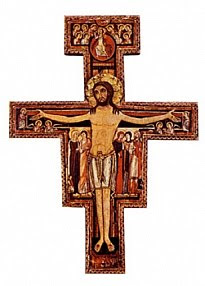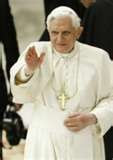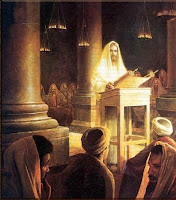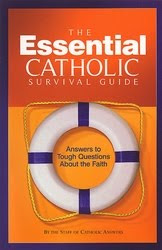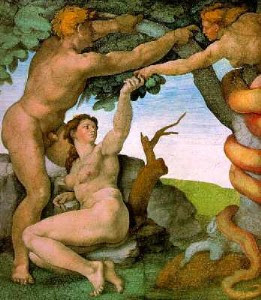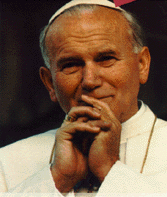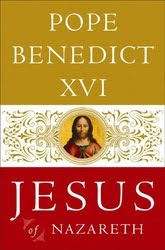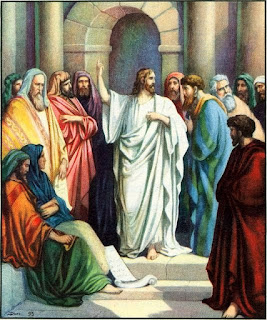Scoundrel Time(s)
George Weigel The sexual and physical abuse of children and young people is a global plague; its manifestations run the gamut from fondling by teachers to rape by uncles to kidnapping-and-sex-trafficking. In the United States alone, there are reportedly some 39 million victims of childhood sexual abuse. Forty to sixty percent were abused by family members, including stepfathers and live-in boyfriends of a child's mother-thus suggesting that abused children are the principal victims of the sexual revolution, the breakdown of marriage, and the hook-up culture. Hofstra University professor Charol Shakeshaft reports that 6-10 percent of public school students have been molested in recent years-some 290,000 between 1991 and 2000. According to other recent studies, 2 percent of sex abuse offenders were Catholic priests -- a phenomenon that spiked between the mid-1960s and the mid-1980s but seems to have virtually disappeared (six credible cases of clerical sexual abuse in 2009 were repor

